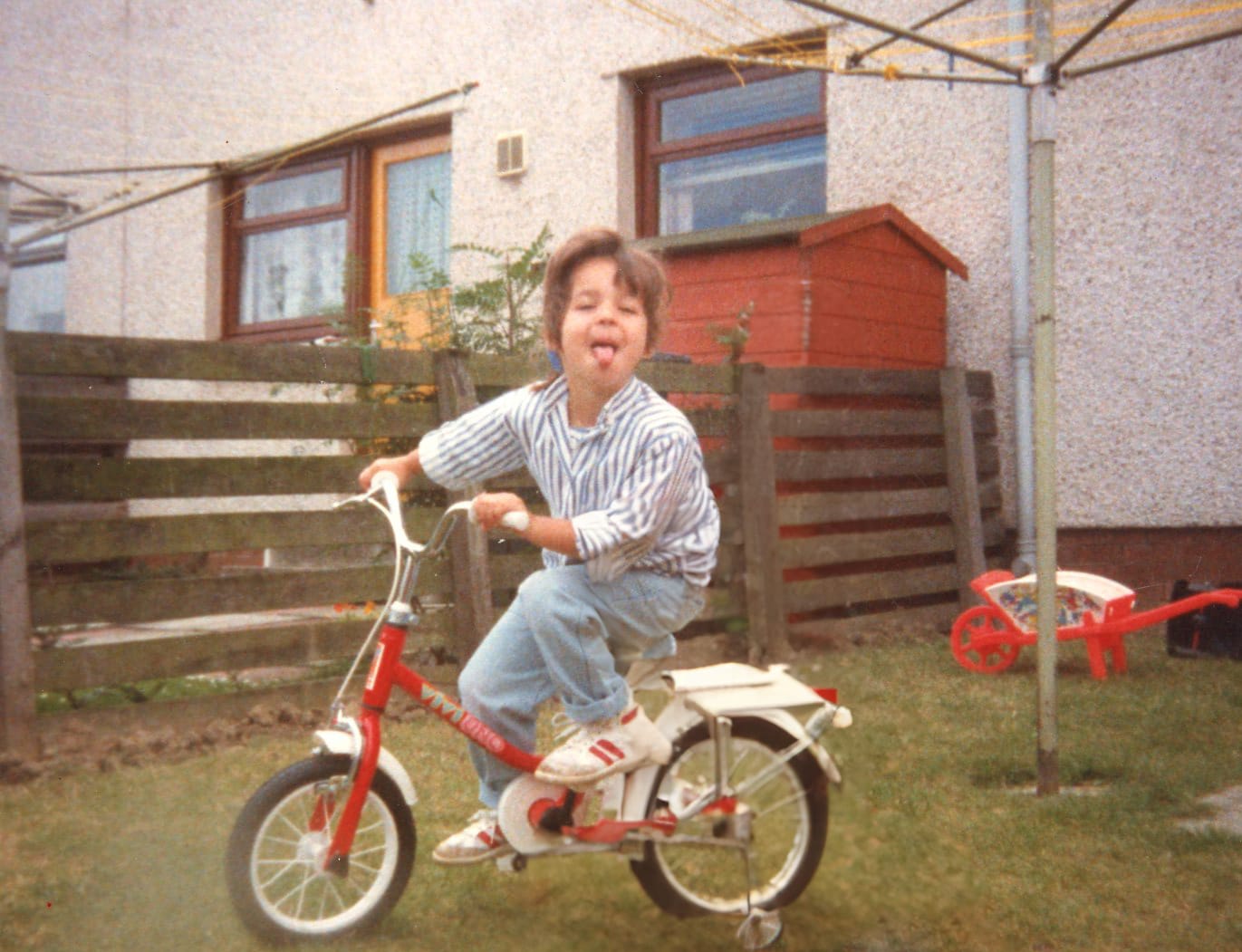Not The Right Kind Of Victim

Most of my friends will learn about many things for the first time when they read my book. Not because I was hiding them. Not exactly. But because the kind of trauma I carry doesn’t naturally come up in conversation. It’s not neat. It cannot be told between sips of wine and mouthfuls of brunch.
It’s the kind of trauma people don't know how to respond to. The kind that makes them shift in their seat. Like fucked-up family dynamics shaped by generations of racism and dysfunction. Like going back again and again to someone who hurt you, humiliated you, hit you. Like being raped, and texting the guy three days later, still covered in bruises, disoriented, looking for validation.
There’s a role you’re meant to play when things like this happen. A script to stick to. Victims are supposed to stay pure, know they are a victim. They’re not supposed to text. They’re not supposed to go back.
But I did.
Because I’d learned from a young age that I was worthless (racism teaches you that before you even know what it is), that the people who love us, hurt us. Because I wanted to believe it wasn’t what it was. That I was any woman but this one. Because I wanted to feel normal again. Because I was looking for a version of the story with a different ending. Because when harm is familiar, it doesn’t always feel like harm. It feels like what you were built for.
When your behaviour doesn’t match what people think a victim should be, things shift. There’s less empathy, more judgement. More suspicion. You look messy. Complicit. Shameful. Maybe a liar. And you feel every part of that internally. Maybe you remembered it wrong. Took it the wrong way. Maybe you're too sensitive. Too much.
That’s what keeps so many of us quiet. Not just the trauma itself (although that too) but the way we responded to it. The way we think it makes us look. The way others will respond to that.
These aren’t the stories people know how to hold. Not because they’re rare, but because they’re complicated. They make people uncomfortable. They don’t come with a clean moral. Or at least the right one.
People want the version where you decisively “took your power back.” Left in the middle of the night. Stubbornly built your life back from scratch. Blocked their calls. Cut off ties. Called the police. Named and shamed. Not the version where you stayed. Where you protected. Where you made bad choices. Where you sought comfort in the same people who broke you.
When you talk about things that are messy, or contradictory, or fucked up, people don’t always see the trauma as something that happened to you. They see it as something inherent. You stop being someone who was hurt, and become someone who is “damaged.” Someone to pity. Or avoid.
Maybe it happened to her because she was so fucked up all along. Maybe she asked for it. Maybe she deserved it.
And maybe that’s the hardest part. The fear that if you say too much, people will decide that you are fundamentally, irreparably broken. That what happened to you is actually who you are. That you caused it. That you are it.
And you can’t ever explain it. Not fully. You can describe the events. Lean on chronology. List the facts. You can say what happened, in plain language, without flinching. But you can’t make someone feel the chaos. The confusion. The degradation.
You can’t translate the way it sits in your body years later. The way it twists your instincts. The way it makes you second-guess your own reactions. That’s why shame clings to it. Not just because of what happened, but because of how inarticulate the hurt is.
And part of you knows that no matter how careful or honest you are, some people will still walk away thinking: that’s what she is. Not what she survived. Not what she lived through. What she is.
Silence is often easier. It keeps the fragile peace. Both internal and external.
But writing is different.
I don’t have to watch someone’s face tighten, their eyes widen, or look away. I don’t have to watch them process their feelings in real time; stumble over the wrong words to find the right ones, hold back the questions clawing at the inside of their brain. I’m not managing their discomfort or disapproval. Not softening the edges. Not making it palatable. Not explaining. Not justifying. Not proving.
On the page, it’s mine. I can say exactly what happened. Or some of it. I can leave space for the parts that don’t make sense to others. I don’t need to resolve it. I don’t need to be completely free from it yet.
That’s what made the book possible. Not being fully healed, but space. Space to name what I’ve never said out loud. To write on my own terms. For myself first.
And now, for others too.
